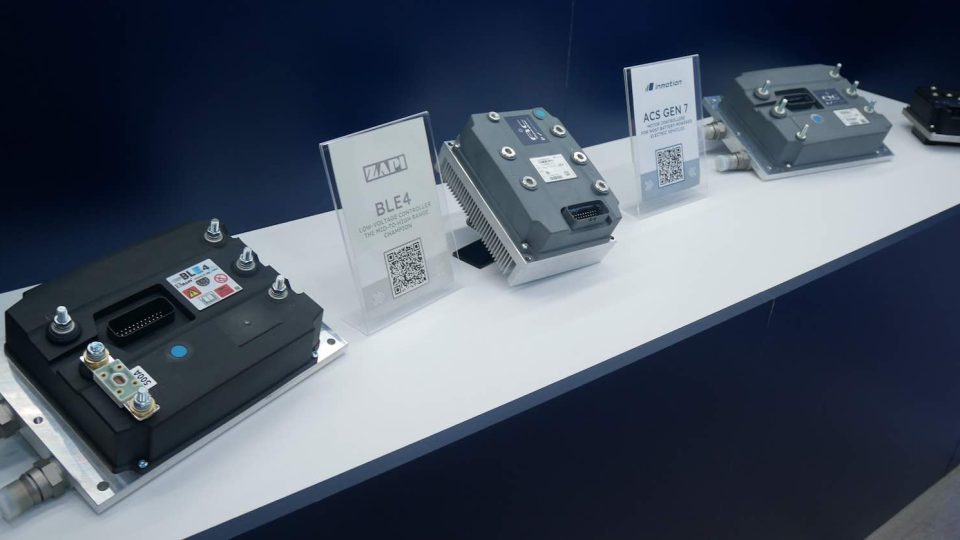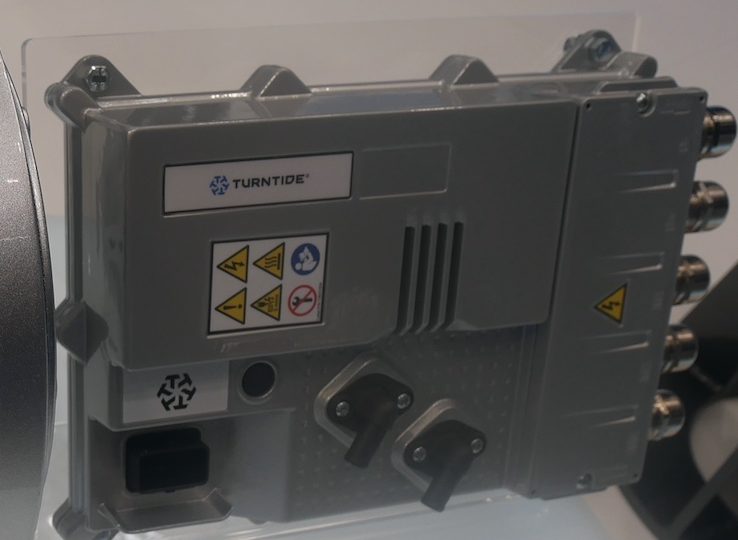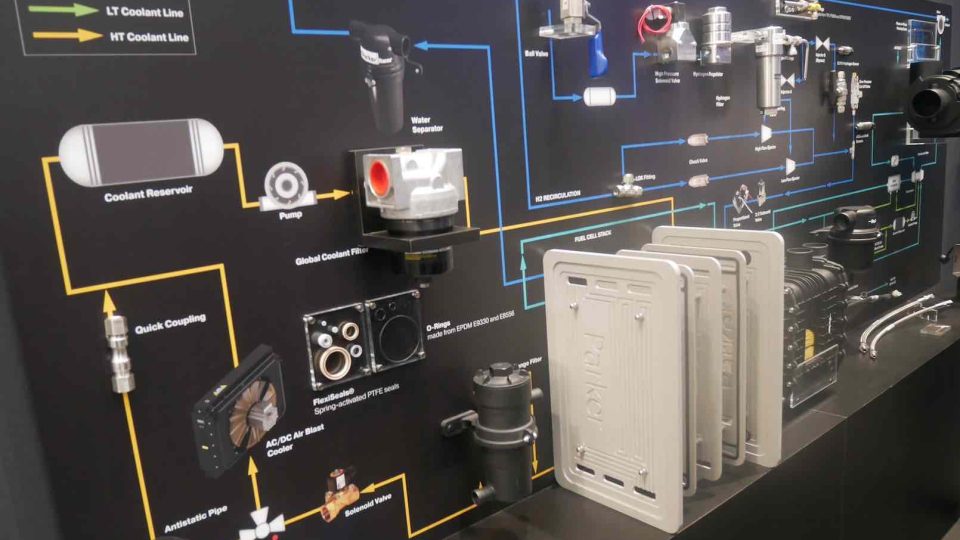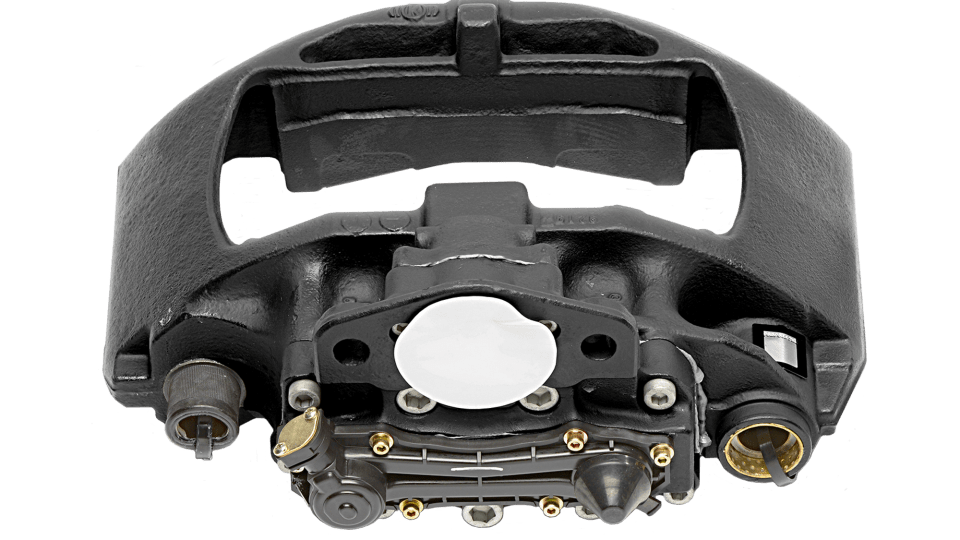Farasis Energy: breakthrough in battery safety technology
Farasis Energy has developed a module design concept to prevent thermal propagation using its newest generation of cells. Battery safety is thus significantly increased – an important advantage for OEMs in view of increasingly stringent safety standards

Farasis Energy, a supplier of high-performance lithium-ion pouch cells, has developed a module design concept to prevent thermal propagation using its newest generation of cells (Generation 4). The performance of the modules has been tested and confirmed by independent laboratories on module and pack level. Battery safety is thus significantly increased – an important advantage for OEMs in view of increasingly stringent safety standards for e-cars, from which all other applications also benefit. Industrial production of the adapted modules is planned to start in 2025 and upgrading from current battery packs to packs with adapted models is possible without changing production.
Driven by the demand for longer ranges, battery manufacturers have significantly increased the energy density of their cells in recent years. But: with increasing energy density, the impact in case of a thermal runaway increases and regulations are becoming increasingly stringent.
Thermal runaway occurs if lithium-ion cells exceed a specific temperature or are damaged. This leads to formation of a significant amount of gas loaded with hot particles and heat generation with temperatures up to 1000°C and higher. For larger cells, this usually triggers a cascade reaction through module and pack, so called thermal propagation.
With increasing energy densities, the thermal runaway of lithium-ion batteries can lead to severe safety issues. At the same time, due to new legislation (GB 38031-2020 since January 01, 2021, ECE R100 Rev3 mandatory starting at September 01, 2023) all manufacturers of EVs are forced to improve their design to withstand this reaction in case of a thermal runaway for at least 5 minutes. This is intended to give passengers sufficient time to exit the damaged vehicle. In future regulatory updates, these 5 minutes will most likely extend to an unlimited time frame.
Optimum safety for pouch cells even with high-energy density
“Using modern development methods like virtual prototyping and quick testing methods, Farasis has now developed a design that’s able to stop this reaction at a defined number of cells for its most advanced cell chemistry – Generation 4 – with nickel-rich high-energy cells (NMC 811 and even higher nickel content)”, says Keith Kepler, CTO and co-founder of Farasis. “This was achieved with pouch cells and has been proven by tests on independent institutes and has been confirmed on module and pack level.”
The development of a cell module with pouch cells that prevents thermal propagation is an important milestone for Farasis, as many experts believe that it is hard for pouch to compete with hard case cells, that is prismatic cells and cylindrical cells, in terms of safety. “Stopping thermal propagation on pack level with our Generation 1 cell chemistry has already been achieved some time ago”, states Stefan Bergold, General Manager of Farasis Energy Europe. “But stopping the reaction already at a small number of cells with pouch cells and especially when using our newest nickel-rich cell chemistry with highest energy density as Farasis has now succeeded in doing, is a real novelty and a breakthrough in battery safety.” The advantage for manufacturers of e-vehicles: The optimized pouch cells from Farasis are not only particularly safe, they also offer numerous advantages over prismatic cells, the main benefit being, that smaller cells can be created without large costs and thus less challenging degassing situation on pack level occurs. This gas is also less concentrated during the degassing process.
Maximum range with maximum safety
The use of the new cell chemistry from Farasis not only offers manufacturers of e-vehicles more energy density and thus range. The optimized design also makes the modules and packs particularly safe and enables OEMs to meet all current legal requirements in terms of battery safety.
Series production of Farasis’ safety-optimized battery modules and packs is planned for 2025, first customer requests and applications are already being dealt with. Upgrading from current battery packs to packs with adapted modules will be possible without significant design changes and without changing production. Farasis’ Engineering Service department will support these requests accordingly.









